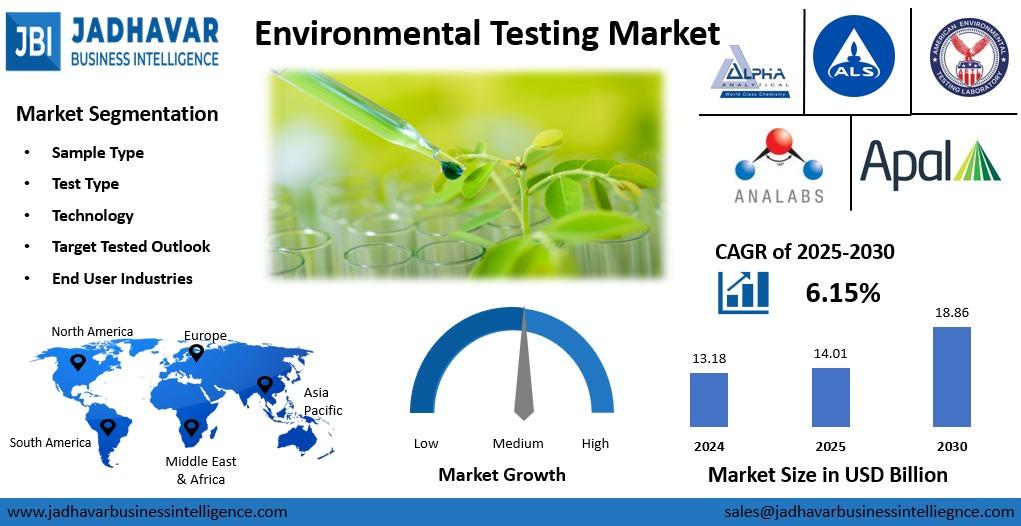Monetizing Answers: A Look at Next-Generation Search Engine Revenue

The generation of Next Generation Search Engine revenue represents a critical and evolving aspect of the industry, as companies seek to monetize the new, AI-driven conversational search experience. As the market continues its explosive growth, with its valuation projected to reach an impressive USD 86.14 billion by 2035, the traditional business models are being re-evaluated and new ones are being explored. This financial growth, which is forecast to advance at a phenomenal 19.44% CAGR between 2025 and 2035, will be driven by a combination of adapting the incredibly lucrative search advertising model to the new interface and developing new subscription-based and transactional revenue streams that capitalize on the higher value of providing direct answers.
The primary and still dominant revenue stream for the major search engines is, and will continue to be, advertising. The global search advertising market is a multi-hundred-billion-dollar industry, and this will not disappear overnight. The challenge and opportunity is to adapt this model for a generative AI world. This will likely involve a move away from simple text ads next to a list of links and towards more integrated, "native" advertising formats within the AI-generated answer. For example, a search for "best running shoes" might result in a conversational summary that includes a "sponsored" section highlighting a particular brand's products, complete with images and links to buy. The ability to seamlessly and effectively integrate these commercial messages into the conversational flow will be key.
A second, and rapidly emerging, revenue model is the premium subscription. While the core search experience will likely remain free and ad-supported for the mass market, there is a growing opportunity to offer a premium, enhanced experience for a recurring fee. This could include an ad-free experience, access to more powerful or specialized AI models, higher usage limits, or the ability to personalize the AI's behavior. Startups like Perplexity AI are already pioneering this model. For power users, researchers, and professionals who rely on search for their work, the productivity gains from a more powerful and ad-free AI search engine could easily justify a monthly subscription fee, creating a significant new recurring revenue stream for the industry.
Looking forward, a third major revenue opportunity lies in making search more transactional. As AI search engines become better at understanding complex user intent, they can move beyond just providing information to actually helping the user complete a task. For example, after recommending a restaurant, the AI could offer to make a reservation directly within the chat interface. After suggesting a flight, it could facilitate the booking. In these scenarios, the search engine can generate revenue by taking a commission or a lead generation fee from the restaurant or airline. This transformation of the search engine from an information portal to a transactional platform is a massive long-term trend that could unlock entirely new and highly profitable revenue models.
Explore Our Latest Trending Reports:
Predictive Airplane Maintenance Market




